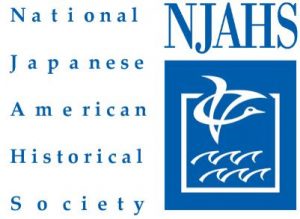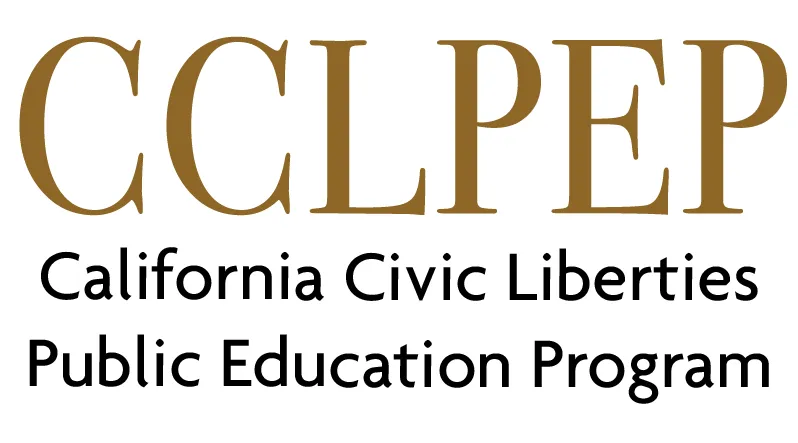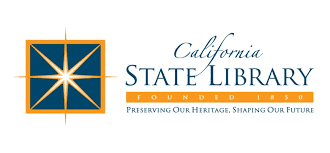We Are All Americans
– Free Online Workshop for Humanities Elementary Teachers –
In the 1940’s, young people of Japanese ancestry faced a deep moral dilemma—the decision of whether or not to serve in the US military while their families were incarcerated in concentration camps by the U.S. government without due process. In the workshop, We Are All Americans, we will address the compelling question: How did the experience of being forcibly removed from their homes and incarcerated affect the choices made by people of Japanese ancestry as they responded to the government’s call for loyalty and service? Why did some individuals believe civil rights should be restored before service, while others were committed to proving themselves to gain back civil rights?
Join your colleagues for open-ended inquiry into what it means to be American – then and now.
This 3-1/2 hour online interactive workshop explores our topic through examination of primary source documents, case studies, images, poetry, and secondary sources in the We Are All Americans curriculum. Sessions will be broken up with 15-minute breaks.
The curriculum will focus on four case studies:
- Gordon Hirabayashi, who registered as a Conscientious Objector while his close cousin fought overseas
- Harry Fukuhara, who served with the Military Intelligence Service (MIS)
- Mary Matsuda Gruenewald, author of Looking Like the Enemy, incarcerated in Tule Lake
- Miwako Yanamoto, who served as a WAC
This curriculum is designed for elementary students. Open to California elementary level teachers.
Taught by Educational Experts in Japanese-American History
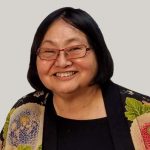
DR. GRACE MORIZAWA is the Education Coordinator for the NJAHS. Previously she was an elementary school teacher in Oakland and principal of Lake Elementary School in San Pablo, CA. Morizawa is a Sansei, third generation Japanese American. Her parents were incarcerated in Heart Mountain. Grace is a teacher consultant with the Bay Area Writing Project. She has a BA in English from Pacific University, an MA in Creative Writing from San Francisco State, and a doctorate from the Leadership in Education and Equity Program at University of California, Berkeley.
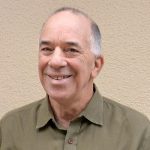
DR. STAN PESICK taught 11th grade United States history in the Oakland Unified School District for eighteen years. From 2008-2012 he coordinated the Oakland Unified History/Social Studies Department. Stan has worked with the Bay Area Writing Project as a teacher consultant since 1989. He has worked as a curriculum consultant to the NJAHS since 2014. Stan is currently working with National Writing Project, University of California, Berkeley, to develop materials and methods focused on helping students write more effectively for political and civic purposes. Stan has a Ph.D. from Stanford University.
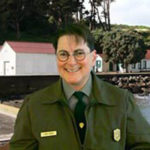
LYNN FONFA brings over thirty-five years of experience in the field of education. She recently retired from her position as Education Specialist for the Golden Gate National Recreation Area. Since 1995, she directed the K through 12 programs for one of the largest urban national parks. She earned a Master’s Degree in Education, specializing in Environmental Education/Curriculum Design, and a Master’s Degree in Public History, specializing in United States history and historic preservation. Previous to the NPS, Fonfa worked as an archivist, educator, and development associate with several prestigious historical associations, including the California Historical Society and the Western Jewish Historical Center of the Judah L. Magnes Museum in Berkeley.
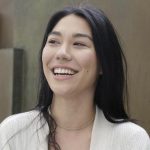
MELISSA AYUMI BAILEY is the Program Development Associate for the National Japanese American Historical Society (NJAHS) where she has been on staff since 2013. She is primarily responsible for grant writing and project management. Melissa received her BA in History from UC Santa Cruz in 2012, and her experiences there as well as her personal connection to the Japanese American incarceration experience led her to pursue a position at NJAHS. Melissa is a native San Franciscan and still calls “The City” home to this day.
Workshop Format
This is an online interactive workshop with some asynchronous work. We will send some readings to review ahead for small group breakout sessions where you will discuss the readings with 4-5 teachers. We will also have large group sharing and discussion. This workshop is not a webinar; it is highly interactive. We have found that we learn and grow in our thinking when we work collaboratively and talk with each. Sessions will also include speakers with Q and A, a short video, and a time to write briefly and share writing.
Teachers will have access to all curriculum materials online. We ask that you download the materials to refer to during the workshop (not screen switch). Because the workshops are live and interactive, we encourage your full participation and you will be asked to share with each other as much as possible.
Workshops Tailored for California Region
– Stipend of $150 per workshop. Attendance limited to one workshop –
We Are All Americans is a place-based curriculum workshop. Subject matter is being customized to address the unique teaching opportunities in California.
Participant Stipend: $150
Sponsors: The California Civil Liberties Public Education Program and the California State Library.
Workshop Details
- Each daily session will be 3 hours and 30 minutes.
- Email support for the curriculum is available during the school year.
- There is an optional opportunity to participate in a small online study group for classroom adaption of the curriculum and other teaching implications.
- Participants will be given an honorarium for attending. The stipend amount varies by regional workshop as they vary in amount of time.
Technology
- We will use Zoom for this workshop.
- Participants are required to have access to the Internet to participate in the workshop; a dependable connection and high-speed Internet is strongly recommended for an optimal experience.
- Attendees must have visual and audio support to interact with colleagues. The sessions require the use of a webcam to help create a shared learning experience.
- We will have a brief tech check-in for all participants prior to the workshop and tech support will be available during the workshop.
For questions about the workshop, please email Grace Morizawa.
This workshop is co-sponsored by the National Japanese American Historical Society, the National Park Service, and our regional partners.
The project was funded in part, by the Japanese American Confinement Sites grant, administered by the National Park Service, JA Community Foundation, and the California Civil Liberties Public Education Program.
Top image: US Army recruiter addressing inmates. Topaz WRA camp, February 1943, National Archives.
